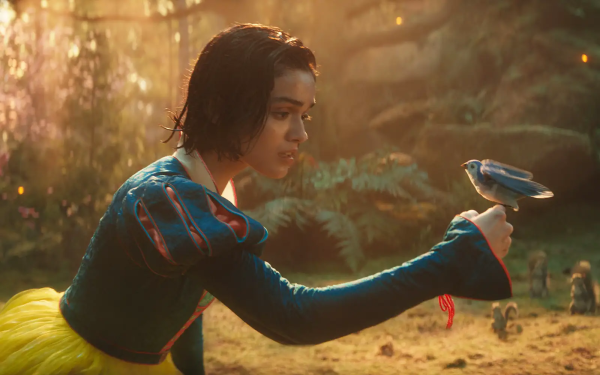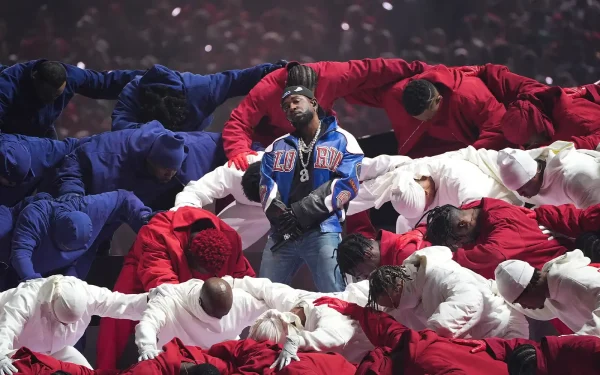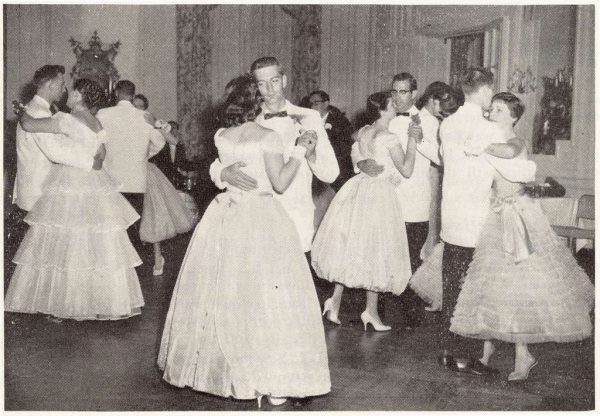“Death on the Nile”: The case of the tarnished celebrity
Troubled by a cast member whose recent scandals are too heavy to ignore, the latest Agatha Christie adaptation proves a challenging watch. But how much does the film truly suffer?

PC: IndieWire
WARNING : The following article contains spoilers for Death on the Nile.
Two whole years have passed since COVID began, and the movies delayed by the pandemic have had to patiently wait for a chance on the big screen. One such film is Death on the Nile, a retelling of Agatha Christie’s murder mystery novel (and sequel to 2017’s Murder on the Orient Express) which released last Friday after getting stuck in a revolving door of release dates.
Regardless of how the film goes on to perform at the box office, or even with critics, it has one glaring flaw, one impossible to overlook : Armie Hammer.
To summarize, 2021 was fraught with controversy after controversy surrounding the Call Me By Your Name actor. Beginning in January, Hammer was hit with many allegations of rape, abuse, and even cannibalism. Yes, cannibalism. The Twitter thread linked here shares disturbing screenshots of Instagram messages between Hammer and the account “@houseofeffie”.
Hammer denied the accusations, but as more women spoke out (including his now ex-wife Elizabeth Chambers), these claims were becoming a pattern. The actor exited several movies and shows that had cast him before these events, was dropped by his agency, and retreated to an in-patient treatment program for over half a year.
Meanwhile, Death on the Nile had been sitting on the shelf, waiting to be released by 20th Century Studios since wrapping post-production in 2020. The situation was complicated, as Disney and Fox had no easy solution for how to release and/or market the film, so the months leading to its premiere were messy at best.
The studios considered reshoots with a new actor to replace Hammer, but given the size of the cast that would need to be reassembled, it was ruled out quickly. They also chose not to send the film to streaming, claiming that doing so would be a “disservice to the large cast and crew.” Ultimately, they decided to move forward with their latest release date, putting together a new trailer and poster.
The trailer was an awkward piece of marketing since it cut Hammer out almost entirely, though it was still common knowledge that he was part of the movie. It could almost be seen as misleading, given that the actor plays one of the film’s main characters despite not featuring heavily in promotional material. However, if there’s nothing that can be changed about the final product, questions lie in whether the movie can still work on its own.
The short answer is “no.”
Death on the Nile is a perfectly passable murder mystery that just barely lives up to its predecessor. Since the source material is basically the genre’s foundation, the film can’t go off in any exciting new directions the way an original story could. The story is formulaic and predictable, about the last thing you’d want from a mystery.
The movie’s pacing is also stale, taking over half the runtime before finally ramping up and killing off its first character. An hour of setup can work if it’s in pursuit of hiding clues that will be paid off later, but the beginning is sluggish enough to where at least 15 minutes could have been cut out without likely changing much.
Once things do get going though, the movie improves significantly. Kenneth Branagh, who directs and stars, creates some fairly engaging moments as both the mystery’s eccentric detective and its behind-the-scenes visionary. The film is also very well-balanced when it comes to characters, specifically in how it juggles the ensemble cast.
The ultimate problem is that the film simply isn’t good enough to immerse the viewer completely, meaning things like the Armie Hammer allegations are more easily remembered and become unwanted distractions. None of this is helped by looking at the type of character he plays.
Hammer plays Simon Doyle, who can be found dancing intimately with two different women (Gal Gadot and Emma Mackey) during his first scene, an unsettling moment when adding context. By the end of the movie, Doyle has been outed as the murderer, which puts an even darker spin on his villainous image.
The film reportedly cost around $140 million between production and marketing, so nobody should have expected 20th Century Studios to scrap the project in light of recent events. Still, Hammer’s role arguably complicates things worse.
The film works perfectly fine as an isolated story and even becomes rather engaging at the midpoint, but crumbles under the weight of the serious accusations against one of its primary stars.
Death on the Nile is now playing in theaters.

Hills senior Ethan Kaufman is excited to be a part of the Trailblazer staff for another year. He wrote for the publication a few times his freshman year but became more involved his junior year as a staff member. This year, Kaufman is looking forward to editing the Arts & Entertainment section and assisting in editing for the Sports section.
Fun fact: Kaufman watched 671 movies in the span of a year.











































